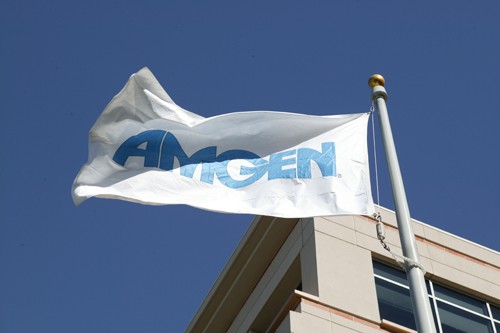
Since the first biosimilar arrived in 2015, 30 products have been approved and 21 launched, collectively gaining a significant share in most of their therapeutic areas, says a report released by Amgen.
The eighth edition of Amgen’s Biosimilar Trends Report concludes that competition from biosimilars drives down healthcare costs by slashing prices – biosimilar prices at launching are 15-37% lower than the reference product, while average sales prices for both reference and biosimilar are reducing over time. The rate of biosimilar uptake is generally increasing over time.
While biosimilars are ‘generic’ copies of biologic drugs, unlike generic copies of small molecule drugs, they involve a complex manufacturing process that monitors variations between batches.
The report also concludes that biosimilars have gained substantial share in most of the therapeutic areas where they have been introduced – for biosimilars that launched in the last two years, the average share was 65%.
Of the nearly $10bn in savings over the last five years, $2bn was saved in the second quarter of 2021 alone. These savings derived mainly from trastuzumab and bevacizumab to treat a range of cancers, infliximab for autoimmune diseases, and pegfilgrastim to treat chemotherapy-related neutropenia, says the report.
As a big player in biosimilars, Amgen aims to stay “at the forefront of biosimilar education”, said the company’s head of value and access in the US, Jennifer Norton. “The increasing availability and adoption of biosimilars means these treatments are delivering on the fundamental promise of reducing healthcare costs for payers, employers and patients in the United States,” she said.
To support further growth, the report says four elements are needed: implementing scientifically appropriate regulatory standards; maintaining a marketplace that encourages competition on a level playing field; providing scientifically accurate educational outreach to drive confidence, and ensuring a foundation of strong intellectual property to encourage innovation and investment.
However, according to a recently published paper from healthcare services company Cardinal Health, uptake of biosimilars would be more successful and swifter if greater efforts were made to educate patients and providers.




